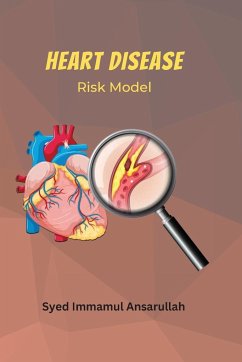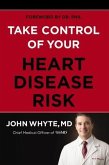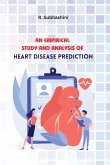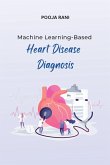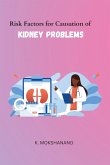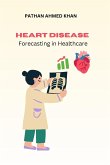A heart disease risk model is a tool that can be used to identify individuals who are at increased risk for developing cardiovascular diseases. These risk models incorporate a range of factors, including medical history, lifestyle factors, biomarkers, genetic factors, and medical imaging. The use of predictive modeling and artificial intelligence (AI) algorithms to analyze electronic health record (EHR) data has shown promising results in identifying individuals at increased risk for heart disease, as well as improving clinical decision-making and precision medicine. The sensitivity and specificity of heart disease risk models can be improved by incorporating a wider range of data sources and more advanced machine learning techniques. The development of effective heart disease risk models has important implications for healthcare, enabling healthcare providers to identify patients who are at increased risk for cardiovascular diseases, and to develop personalized treatment plans to mitigate this risk. Overall, heart disease risk models are an important area of research with significant potential for improving population health and chronic disease management.
Hinweis: Dieser Artikel kann nur an eine deutsche Lieferadresse ausgeliefert werden.
Hinweis: Dieser Artikel kann nur an eine deutsche Lieferadresse ausgeliefert werden.

